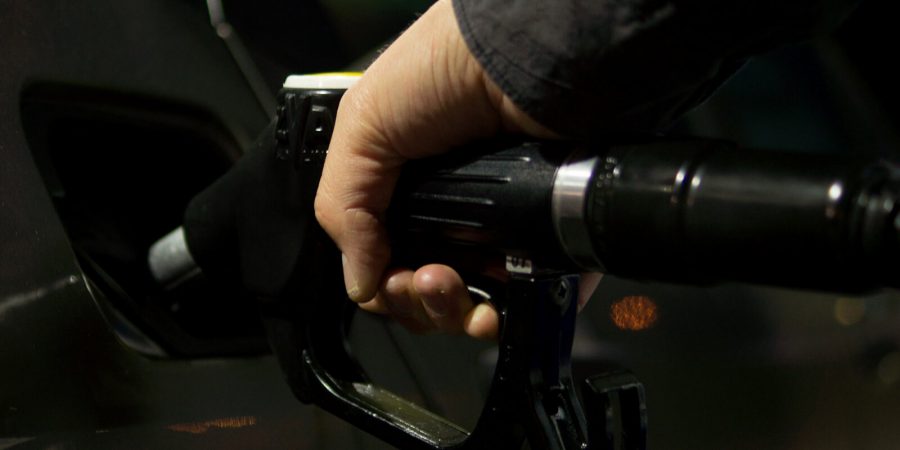Why Does The Cost Of Fuel Keep Rising?
Why does the cost of fuel keep rising?
The fluctuation in the cost of fuel is a constant headache for South African motorists, particularly in terms of how these developments can adversely affect our pockets and influence the way we live our lives. A rising petrol price means less disposable income for consumers for basic living and other services, while petrol fluctuations affect business as well, increasing operational costs and affecting the profits of businesses in the transport or logistics industry.
Here are some of the factors affecting the cost of fuel in South Africa:
The global price of crude oil
The fluctuating global price of crude oil the largest factor in determining the petrol price in South Africa. This oil is used to produce petrol and diesel, so it’s price is absolutely critical in determining what price South African consumers will have to pay.
Rand depreciation
The political environment in South Africa is particularly volatile, with developments in the domestic political sphere directly influencing the strength of the rand. The consistent depreciation of the Rand against the US dollar over the last few years has resulted in higher prices at the pumps, and as oil is traded in dollars, the petrol price can rise even further when the crude oil price drops.
Fuel levies
The South African government has the legal authority to collect fuel levy from every litre of fuel that is sold. Subsequently, this levy can result in increased fuel prices, and there is always bated breath at the time of budget speeches, as motorists anxiously wait to see whether a fuel levy has been implemented.
Wholesale Margins
Fuel prices are also affected by fuel wholesalers, which consists of the seven major oil companies in the country, in addition to about 600 independent wholesalers. The South African government determines the wholesale margin, maintaining it at stable levels around 15%.
Retail margins
The nearly 5,000 service stations in South Africa also have to make a profit on the petrol they sell, and this added on cost further effects the petrol price. The country’s retail profit margin is fixed by the Department of Energy and is further constituted by the individual costs related to each service station, including labour, rental, interest, overheads and entrepreneurial compensation.
Transport and delivery costs
It costs money and petrol to ensure that fuel is delivered to petrol stations, and the costs related to transporting via road, rail, sea and pipeline have to be factored into any petrol price. The proximity of coastal destination to oil containers explains why petrol is generally cheaper by the coast compared to inland destinations.


1 comment
A WordPress Commenter - April 27, 2018 3:55 am
Hi, this is a comment.
To get started with moderating, editing, and deleting comments, please visit the Comments screen in the dashboard.
Commenter avatars come from Gravatar.